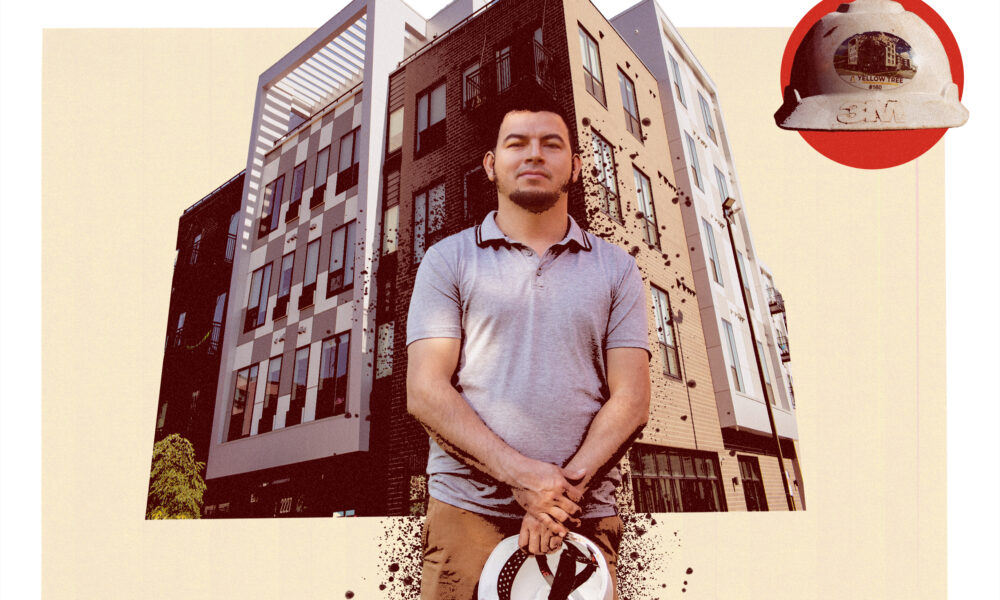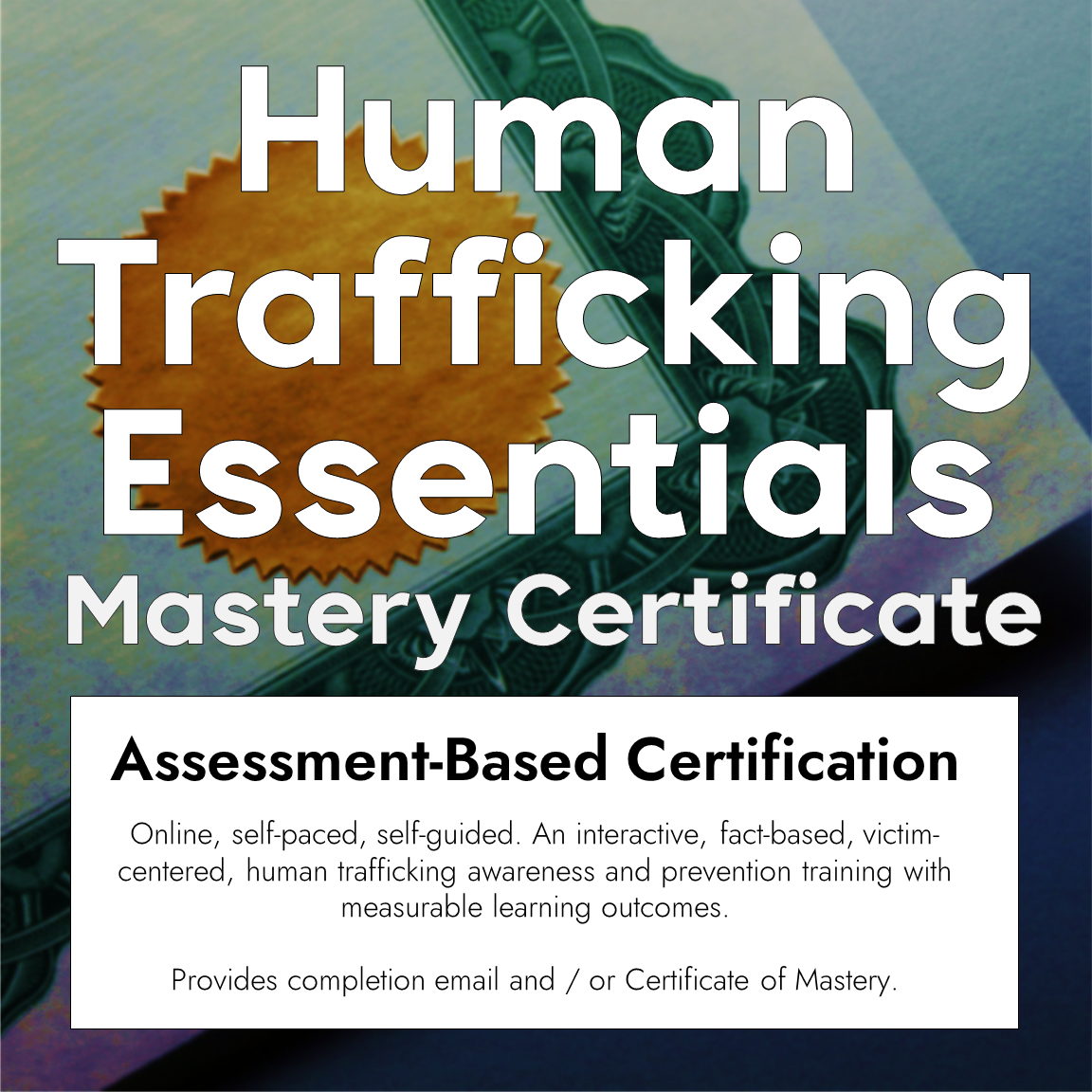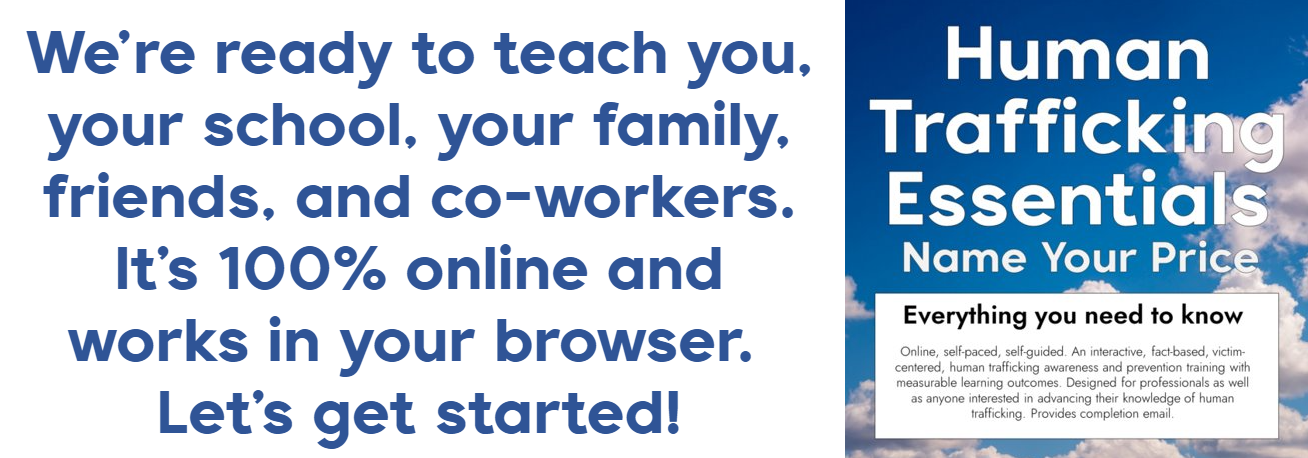In Minnesota, a New Model Challenges the Widespread Mistreatment of Construction Workers

The campaign's roots go back to 2016, when the worker's center, Centro de Trabajadores Unidos en La Lucha (CTUL), worked with SEIU, the nation's second largest union, to organize 600 Target and Macy's janitors in the Twin Cities, says Burt Johnson, general counsel for the North Central States Regional Council of Carpenters. He was impressed with their work and reached out. Then, in 2019, CTUL and the Carpenters helped organize workers to file suit in a landmark labor trafficking case for the region. A subcontractor, Ricardo Batres, had hired undocumented workers and threatened to turn them into U.S. Immigration and Customs Enforcement if they complained about workplace abuses. He pleaded guilty to labor trafficking and insurance fraud charges — the first case of its kind in Hennepin County, which includes Minneapolis. (Labor trafficking occurs “when an employer compels a worker — using force, fraud, or coercion — to perform labor that is involuntary,” per a 2019 report from the Worker-Driven Social Responsibility Network.)
To activists, the case showed that change might be possible, including in areas beyond trafficking. According to a CTUL survey of 76 local workers, about half have experienced wage theft. Sometimes that means having paychecks withheld, not being paid overtime or being paid less than the minimum wage. Other times, it means misclassifying workers as independent contractors, which excludes them from workers compensation and unemployment insurance. Nonunion construction workers across the U.S. are frequent victims of wage theft and misclassification. Indeed, even with the slow pace of labor law enforcement, the U.S. Department of Labor's Wage and Hour Division recorded nearly $33 million in back wages owed to construction workers in 2022 — more than any other “low-wage, high-violation” industry.
Those concerns ended up making headlines last year when 25 workers filed claims totaling over $100,000 in wage theft against subcontractors on a 200-plus acre development tied to the Minnesota Vikings. (Marketing materials claim the project is held to the “highest standards of character, integrity and commitment.”) On the same project, a woman reported she was sexually abused on the job only for her boss to tell her it was consensual.
Soon, CTUL and several neighborhood groups were talking with three local construction unions — the North Central States Regional Council of Carpenters, Laborers' International Union of North America (LIUNA) in Minnesota and North Dakota and the Minneapolis Building and Construction Trades Council.
In May 2022, the joint campaign by the construction unions and CTUL took off. Kevin Pranis, marketing manager of the Great Lakes Regional Organizing Committee for LIUNA, said that even his union's workers benefit when nonunion jobs pay well. “When bad actors come into a market, jobs that [union] members used to do are suddenly going to workers who are getting paid a fraction,” he said. Raising the lowest wage, goes the thinking, makes everyone's job better
This “Eyes on Trafficking” story is reprinted from its original online location.
Fair Use Notice: The PBJ Learning Knowledge Vault is dedicated to advancing understanding of various social justice issues, including human trafficking and related topics. Some of the material presented on this website may contain copyrighted material, the use of which has not always been specifically authorized by the copyright owner. We are making such material available in our efforts to promote education and awareness of these important issues. There is no other central database we are aware of, so we put this together for both historical and research purposes. Articles are categorized and tagged for ease of use. We believe that this constitutes a ‘fair use' of any such copyrighted material as provided for in section 107 of the US Copyright Law. In accordance with Title 17 U.S.C. Section 107, the material on this site is distributed without profit to those who have expressed a prior interest in receiving the included information for research and educational purposes. For more information on fair use, please visit: “17 U.S. Code § 107 – Limitations on exclusive rights” on Cornell Law School's Legal Information Institute.

ABOUT PBJ LEARNING
PBJ Learning is a leading provider of online human trafficking training, focusing on awareness and prevention education. Their interactive Human Trafficking Essentials online course is used worldwide to educate professionals and individuals how to recognize human trafficking and how to respond to potential victims. Learn on any web browser (even your mobile phone) at any time.
More stories like this can be found in your PBJ Learning Knowledge Vault.
EYES ON TRAFFICKING
This “Eyes on Trafficking” story is reprinted from its original online location.
ABOUT PBJ LEARNING
PBJ Learning is a leading provider of online human trafficking training, focusing on awareness and prevention education. Their interactive Human Trafficking Essentials online course is used worldwide to educate professionals and individuals how to recognize human trafficking and how to respond to potential victims. Learn on any web browser (even your mobile phone) at any time.
More stories like this can be found in your PBJ Learning Knowledge Vault.

